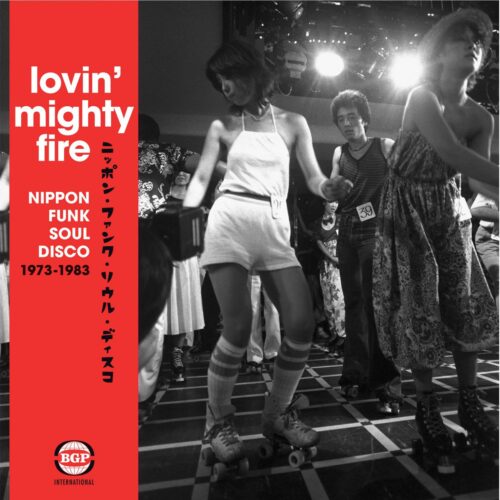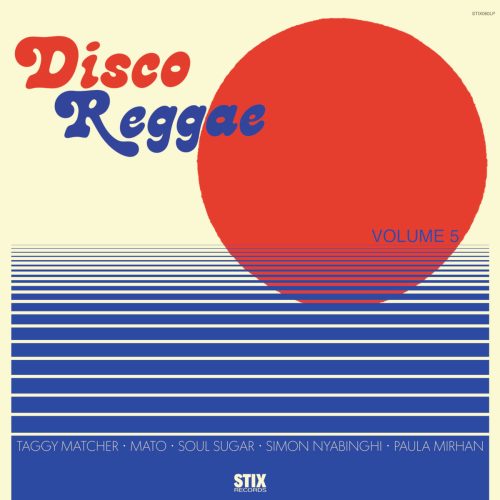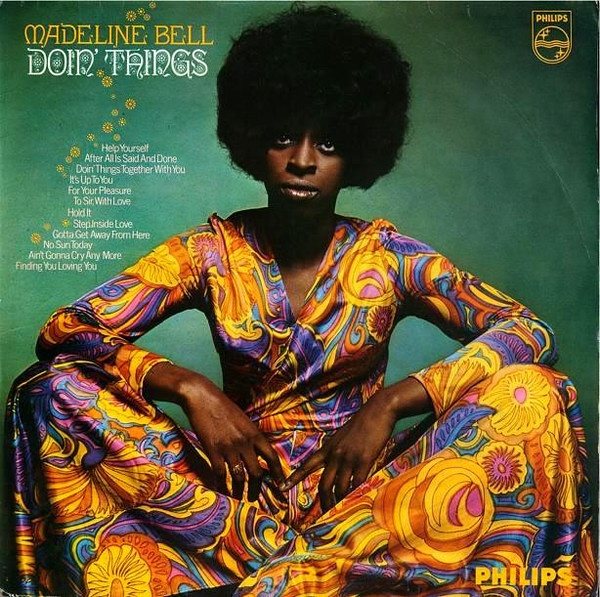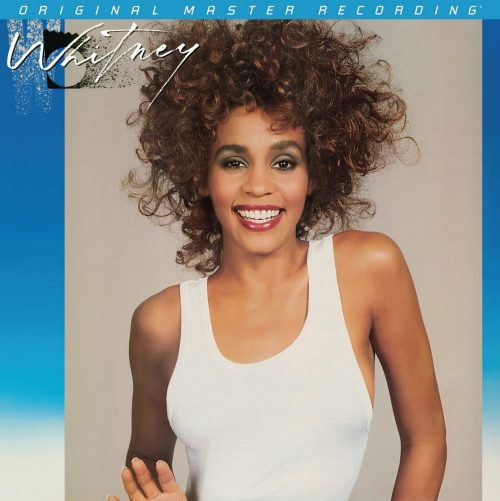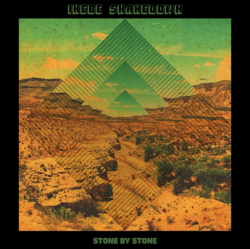Lovin’ Mighty Fire (Nippon Funk • Soul • Disco 1973-1983)
Label: BGP
$44.99
Out of stock
Talk of Japanese soul often refers to enka, the sentimental ballad emanating from downhome bars and karaoke boxes. From the late 1960s, however, reverberations from across the Pacific would lead to the nation’s own take on soul music as we know it in the West. Some of the artists showcased on this compilation may not have been commercially successful but their legacy stands the test of time.
Lily’s uptempo funk-rock gem ‘By By Session Band’ features a pre-Yellow Magic Orchestra Ryuichi Sakamoto on keyboards. Also from YMO, Haruomi Hosono’s ‘Bara To Yajuu’ (Rose And Beast) rocks to a hypnotic high hat, charting a course between slow disco and cumbia.
Two western covers here: Yasuko Agawa’s version of Gene McDaniels’ ‘Why Don’t You Move In With Me’ and Yuko Asano’s ‘Summer Champion’ – a reworking of Sergio Mendes’ ‘Summer Dream’. Memphis funk band Ebonee Webb reversed the role and stormed the Japanese charts with ‘Disco Otomisan’. They followed with the album “Memphis Soul Meets Japanese Folk Songs”, from which ‘Yashow Macashow’ comes.
Razzamatazz is provided by vocal duo Pink Lady, one of the country’s most successful teen pop/disco acts and the first Japanese artists to chart in the US since Kyu Sakamoto’s ‘Sukiyaki’ way back in 1963. Junko Ohashi’s ‘Dancin’, recorded in New York, was produced by keyboard player Ken Sato (her husband) and jazz bassist Teruo Nakamura. Naoya Matsuoka’s ‘Lovin’ Mighty Fire’‚ graced by soul diva Minako Yoshida, was released in 1979 as a blue vinyl 12-inch single, just before Matsuoka got his big break with the fusion boom.
Masaaki Hirao was one of a small group of artists who led the Japanese rockabilly boom in the late 1950s (as highlighted on our “Nippon Rock’n’Roll” collection). He became a force in the music industry, as a writer and producer, and is a major player to this day. He released ‘Funky! “Miyo” Chan’ under the alias Sexy Rhythm Sections. An update of one of his early songs, it was arranged by jazz keyboardist Jun Fukamachi.
There is a semi-mythical creature in the West: the Japanese record dealer, who, turning up unannounced in a record shop in America or Europe makes an offer on the whole stock. The hunger of Japanese collectors for soul, funk and disco is world-renowned, with many rarities ending up there. But there was a groove obscured from the West, until now. Coiled, like a sleeping dragon, it was there all this time, in the land of Japan.

